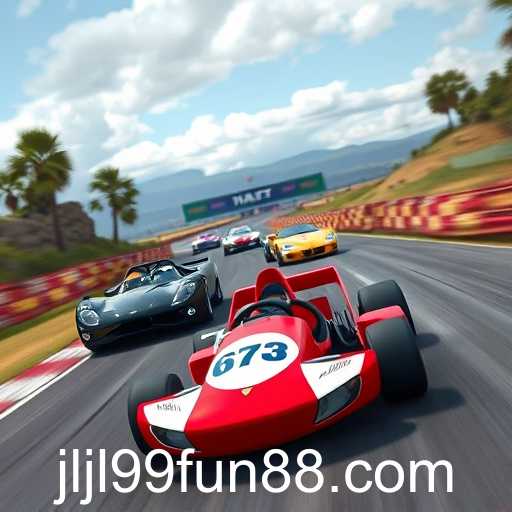Racing games have long held a beloved place in the hearts of gamers, offering a unique blend of speed, skill, and adrenaline. Over the decades, these games have evolved significantly, shifting from early arcade classics like 'Pole Position' to today's highly detailed simulations such as 'Gran Turismo' and 'Forza'. This evolution has been marked by advancements in technology, allowing developers to create increasingly realistic graphics, physics, and soundscapes that immerse players in the thrill of the race.
The early era of racing games was defined by simple mechanics and straightforward gameplay. However, even with these limitations, games like 'Out Run' and 'Ridge Racer' managed to capture the essence of racing, providing players with an exhilarating escape. As technology progressed, so too did the depth and realism of these games. The introduction of 3D graphics and sophisticated physics engines in the 1990s marked a significant turning point, enabling a greater emphasis on precision and authenticity.
Today, the spectrum of racing games is broader than ever. From the realistic depictions of motorsports in 'iRacing' to the chaotic fun of kart racers like 'Mario Kart', there's a racing game to suit every taste and skill level. This diversity is part of what makes the genre so compelling. Players can choose between simulating a professional racing career, exploring an open-world environment, or simply enjoying a casual race against friends.
The appeal of racing games lies in their ability to deliver an exhilarating sense of speed and challenge. They tap into a universal thrill — the desire to go faster, to compete, and to win. Moreover, with the rise of online gaming, competitive racing scenes have flourished, with esports tournaments offering significant prizes and prestige. This has added a new dimension to the genre, drawing in both spectators and players from around the globe.
As we look to the future, the integration of virtual reality and augmented reality technologies promises to take racing games to even greater heights, offering unprecedented levels of immersion. These innovations will likely continue to enhance both the realism and enjoyment of the genre, keeping racing games at the forefront of the gaming world.
In conclusion, racing games have evolved from simple arcade games to complex simulations that offer both casual fun and competitive thrills. Their enduring appeal is a testament to the universal love of speed and competition, ensuring that racing games remain a staple in the gaming landscape for years to come.








